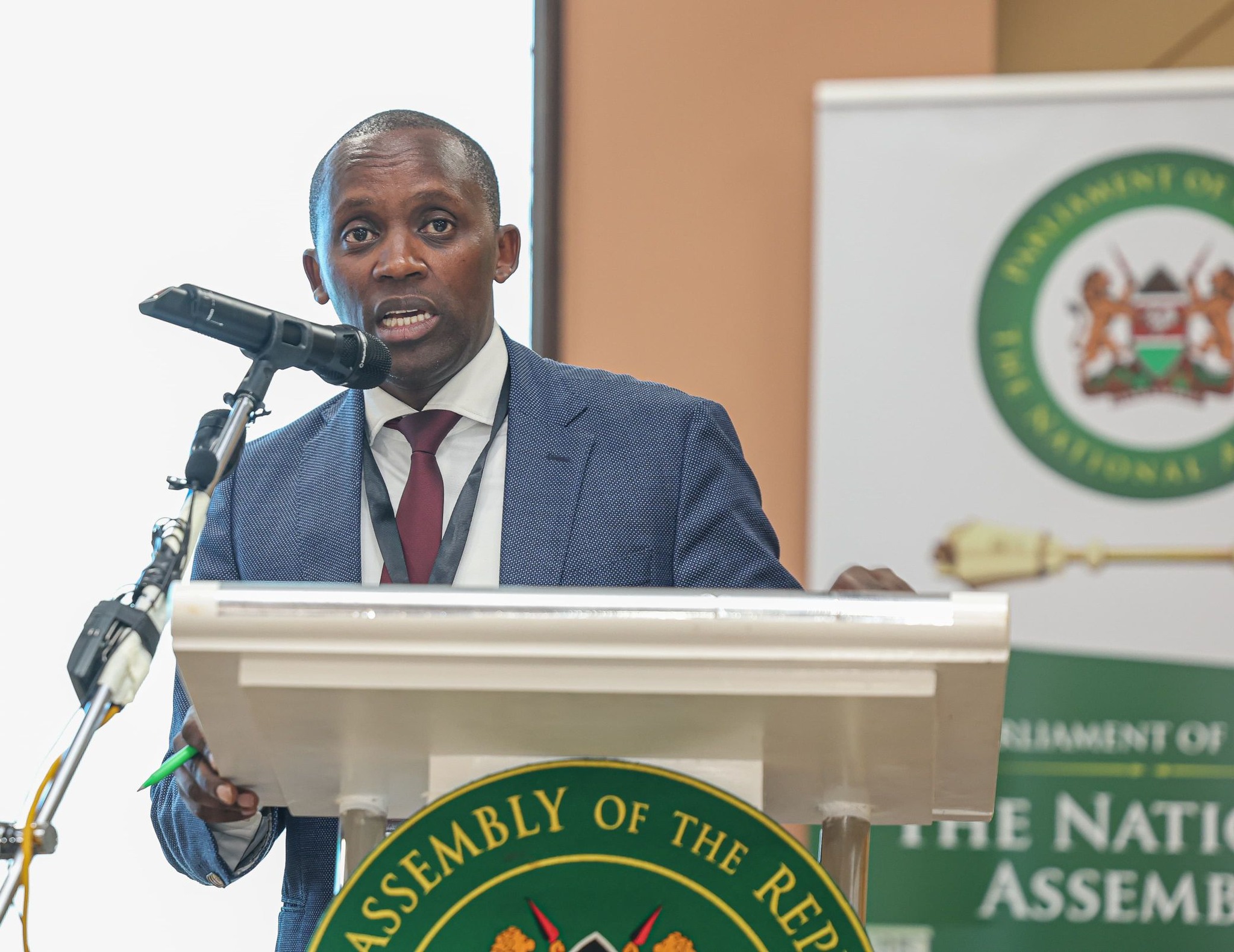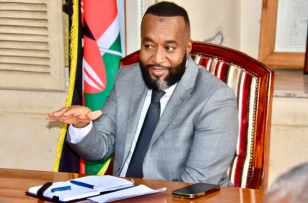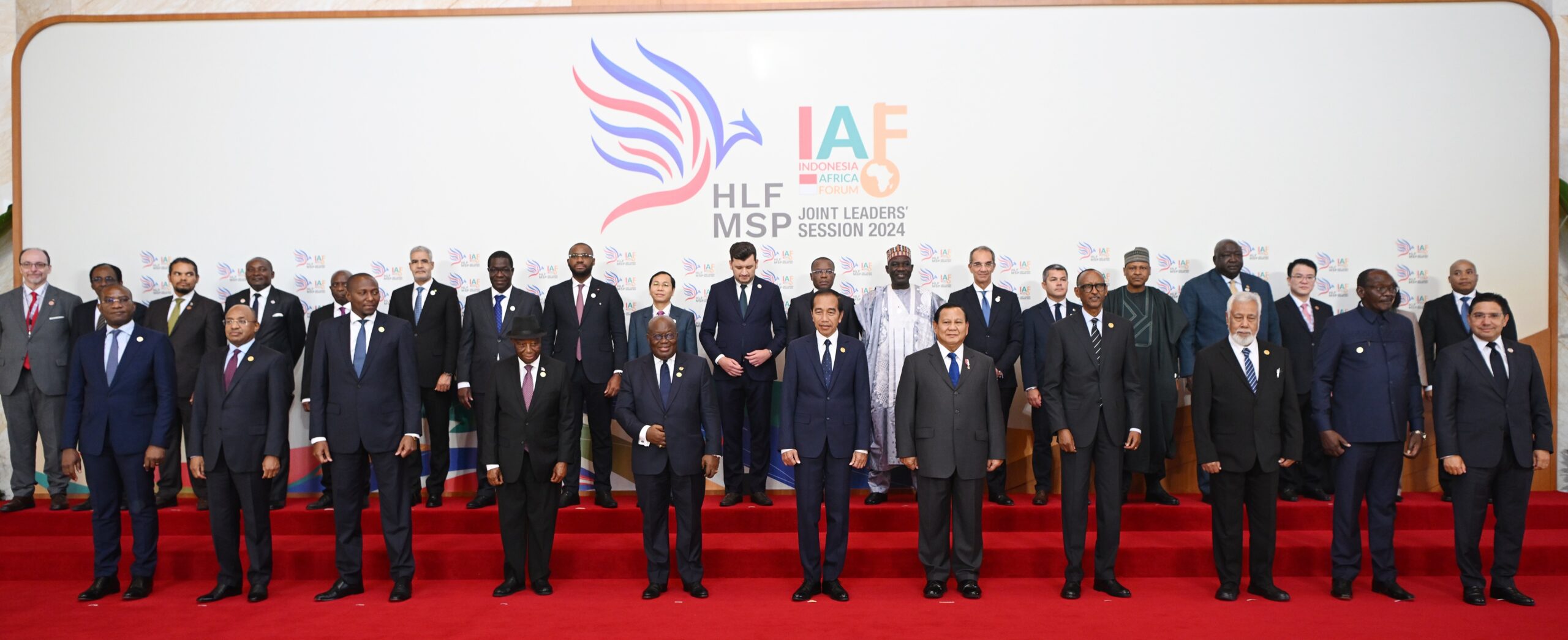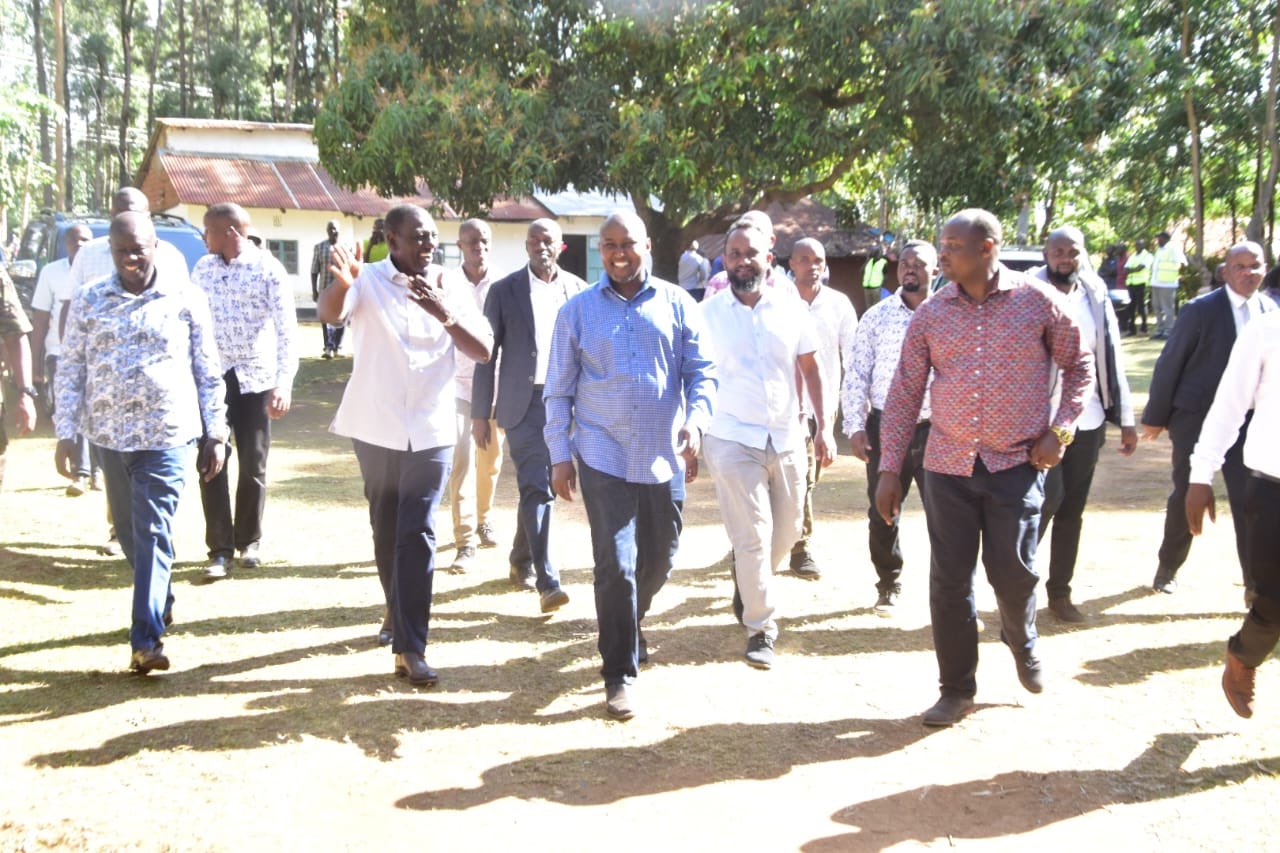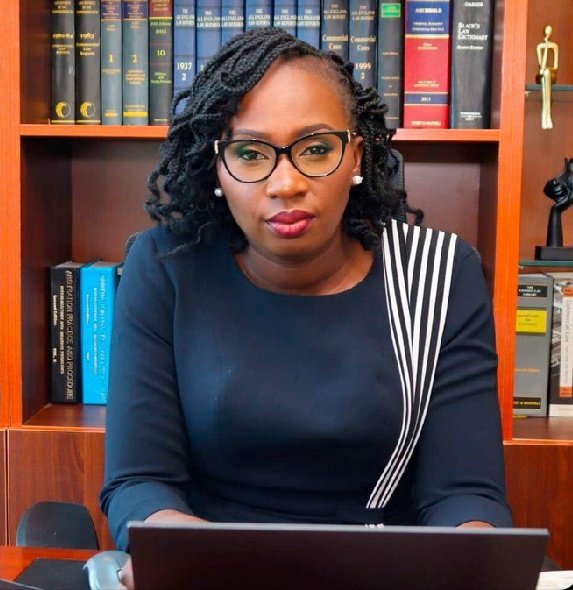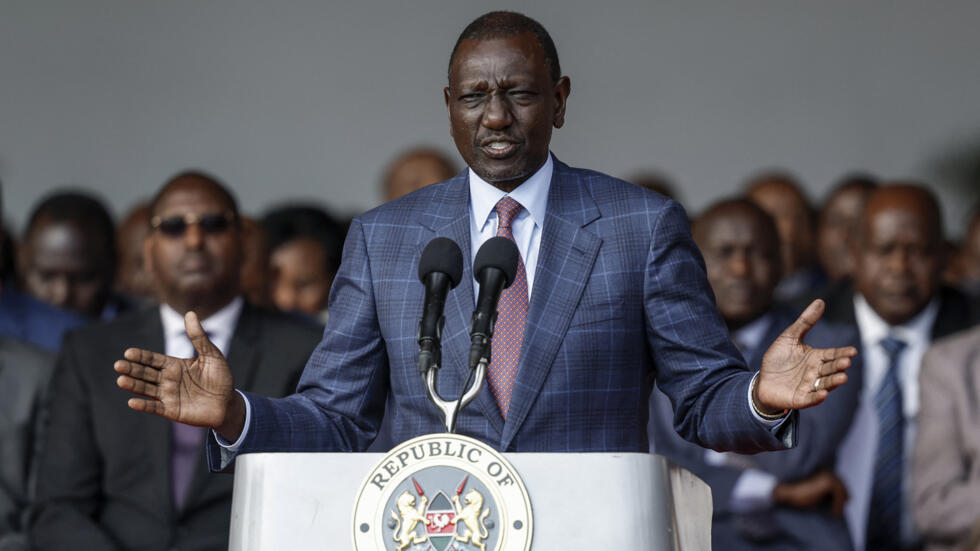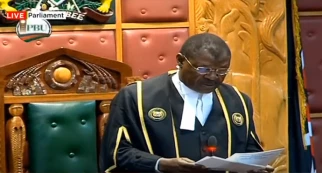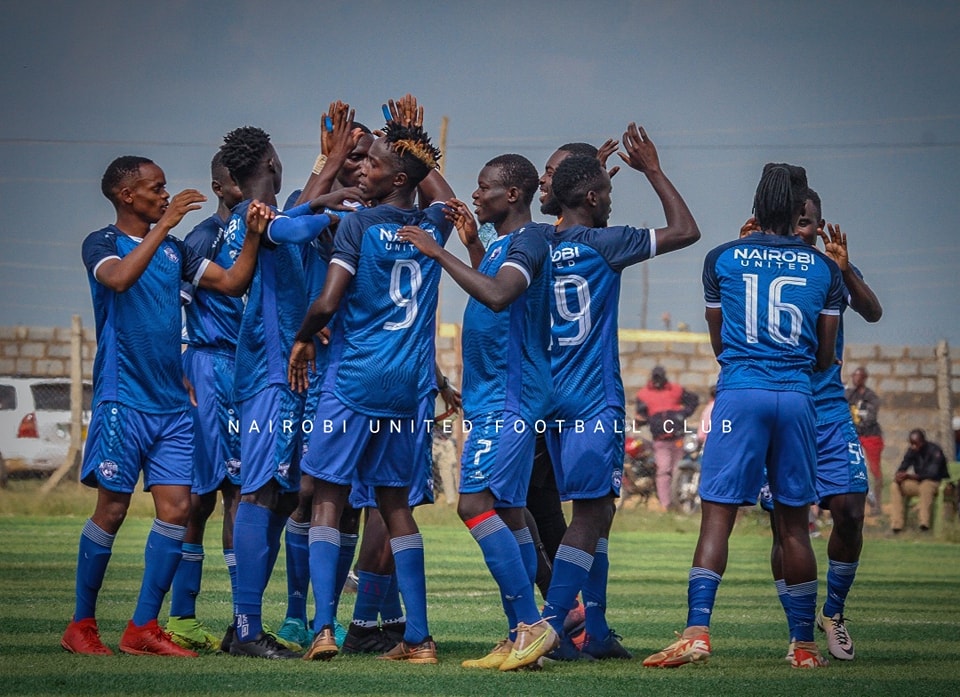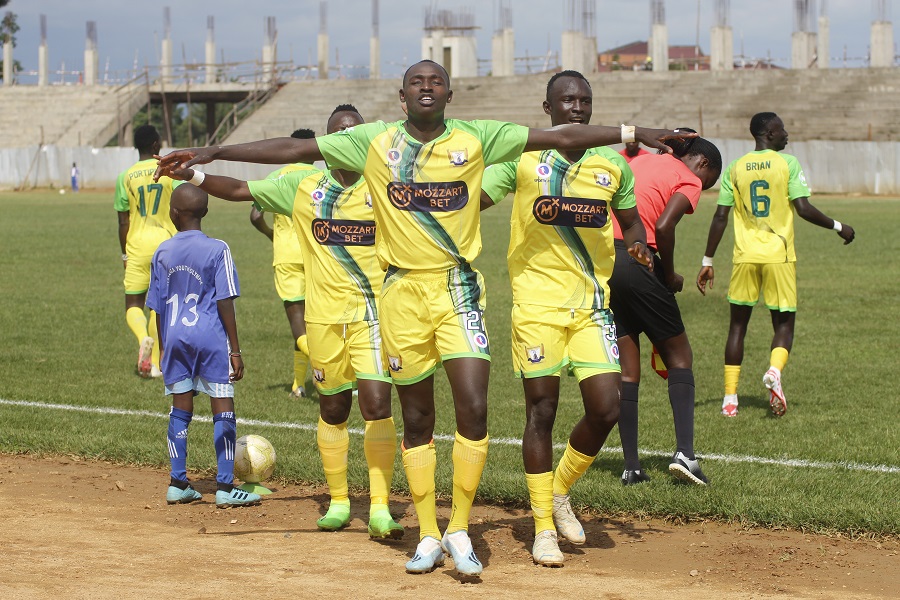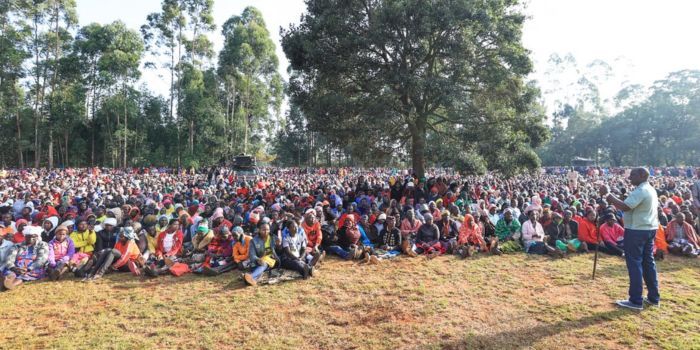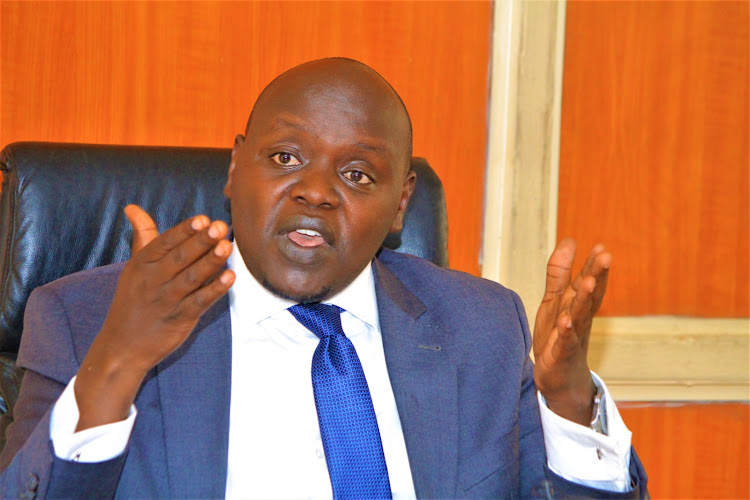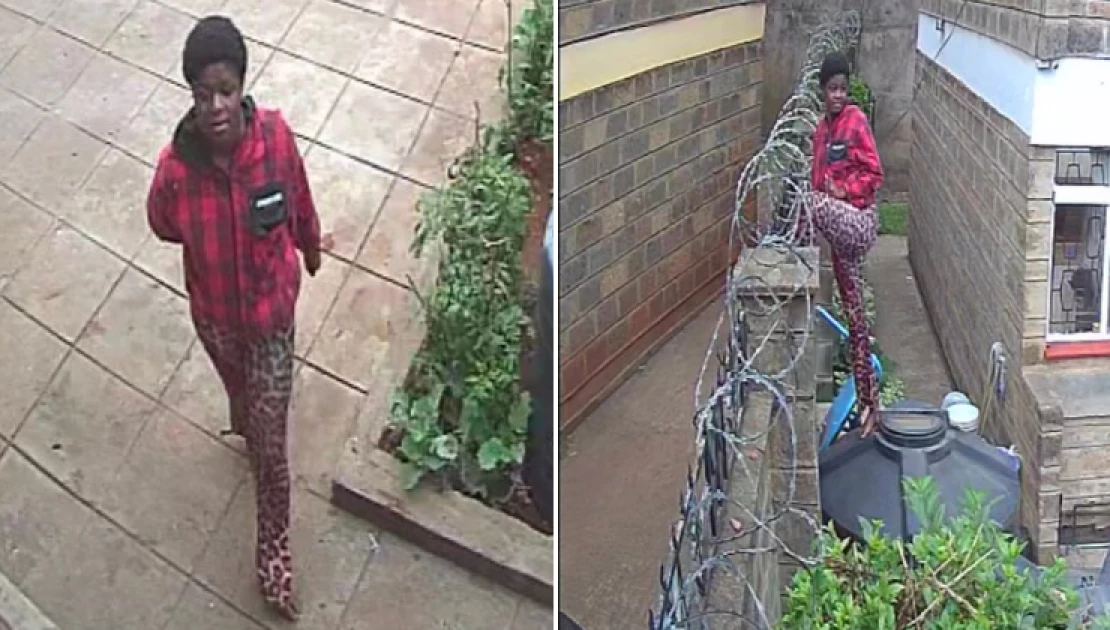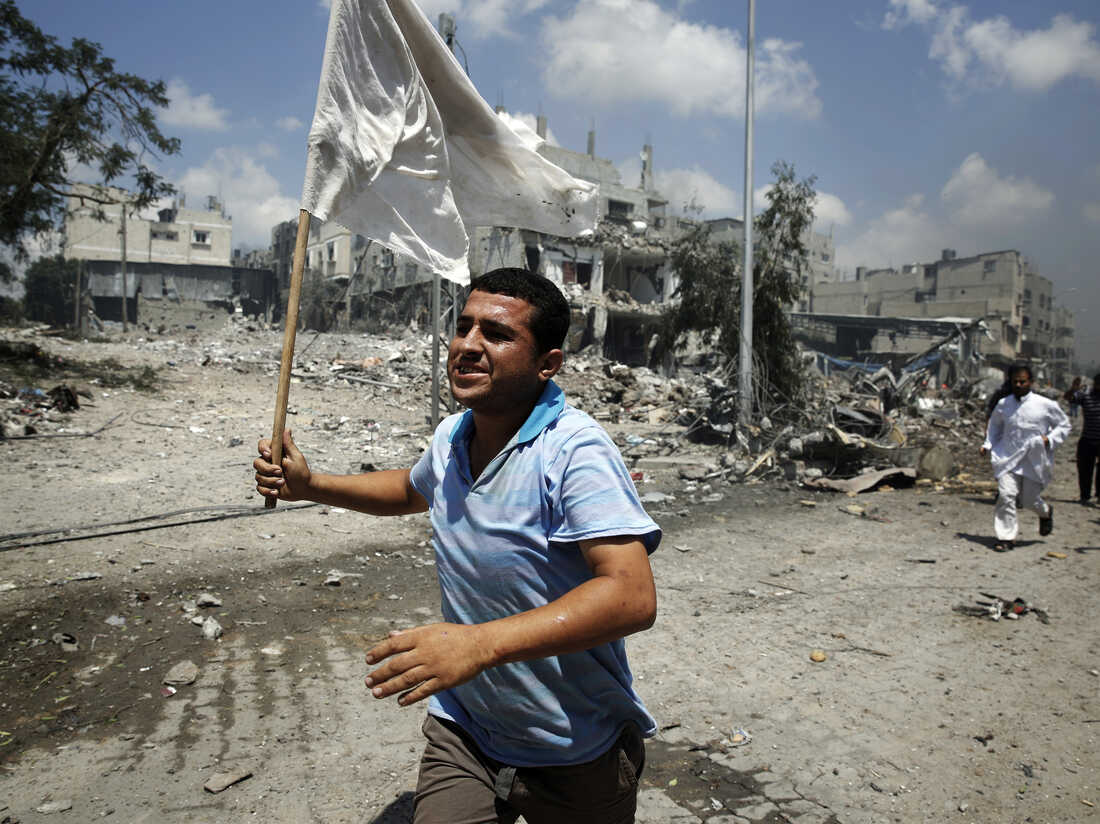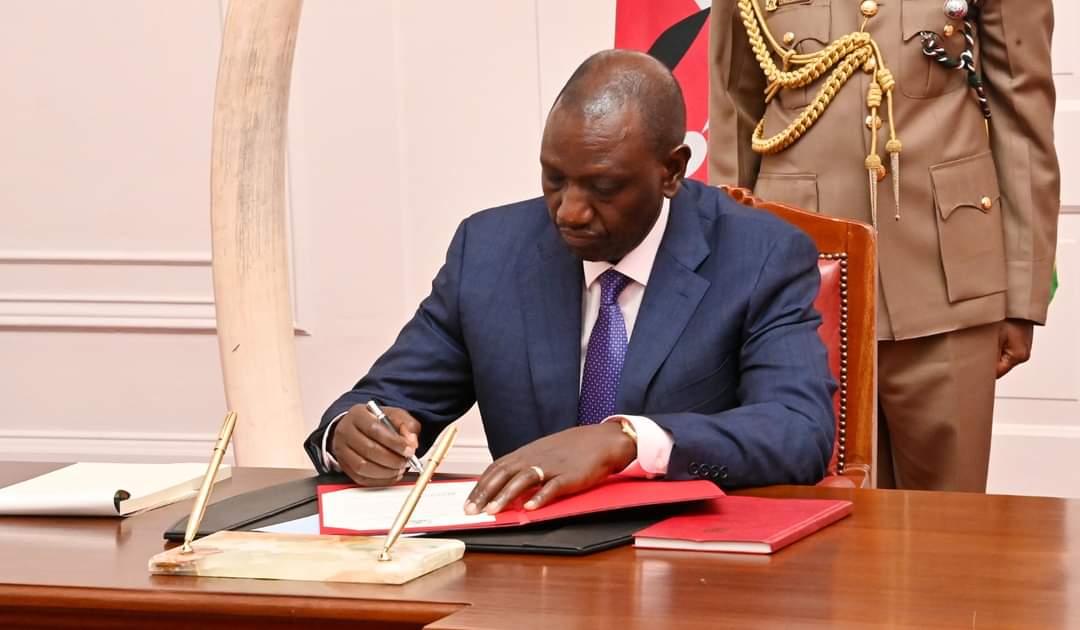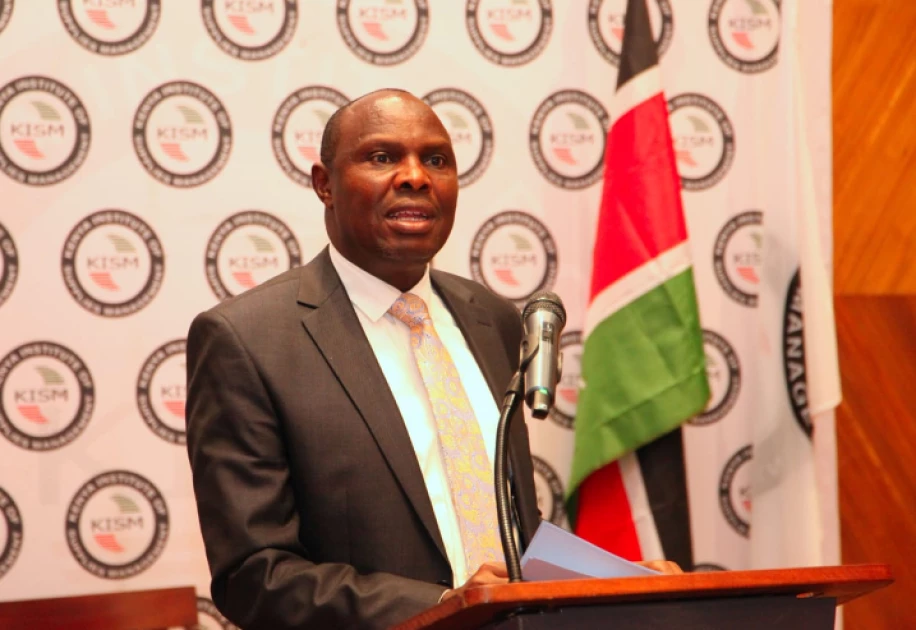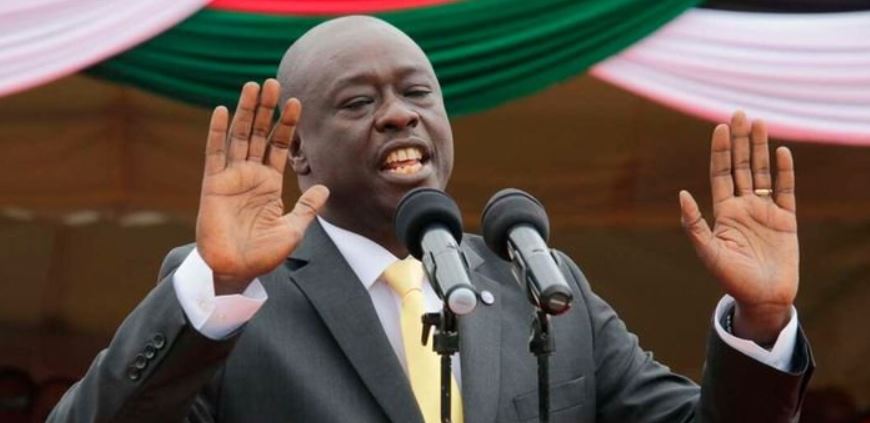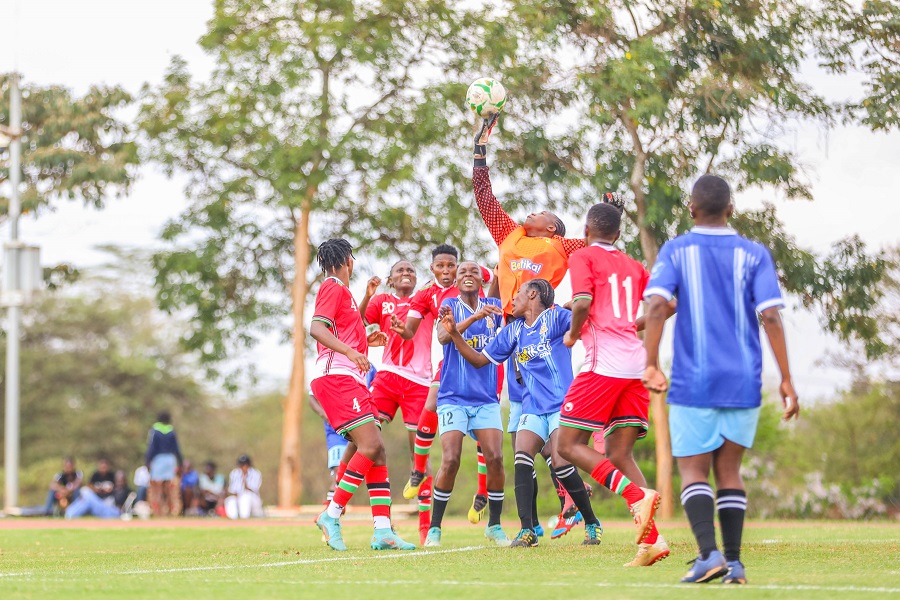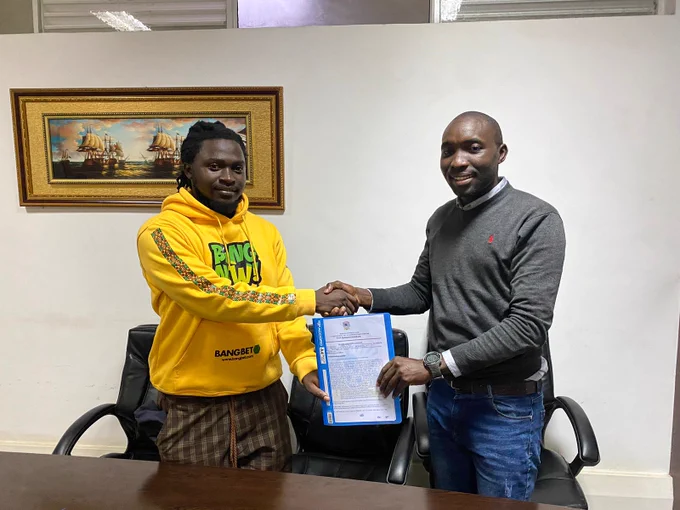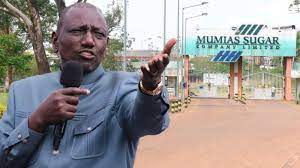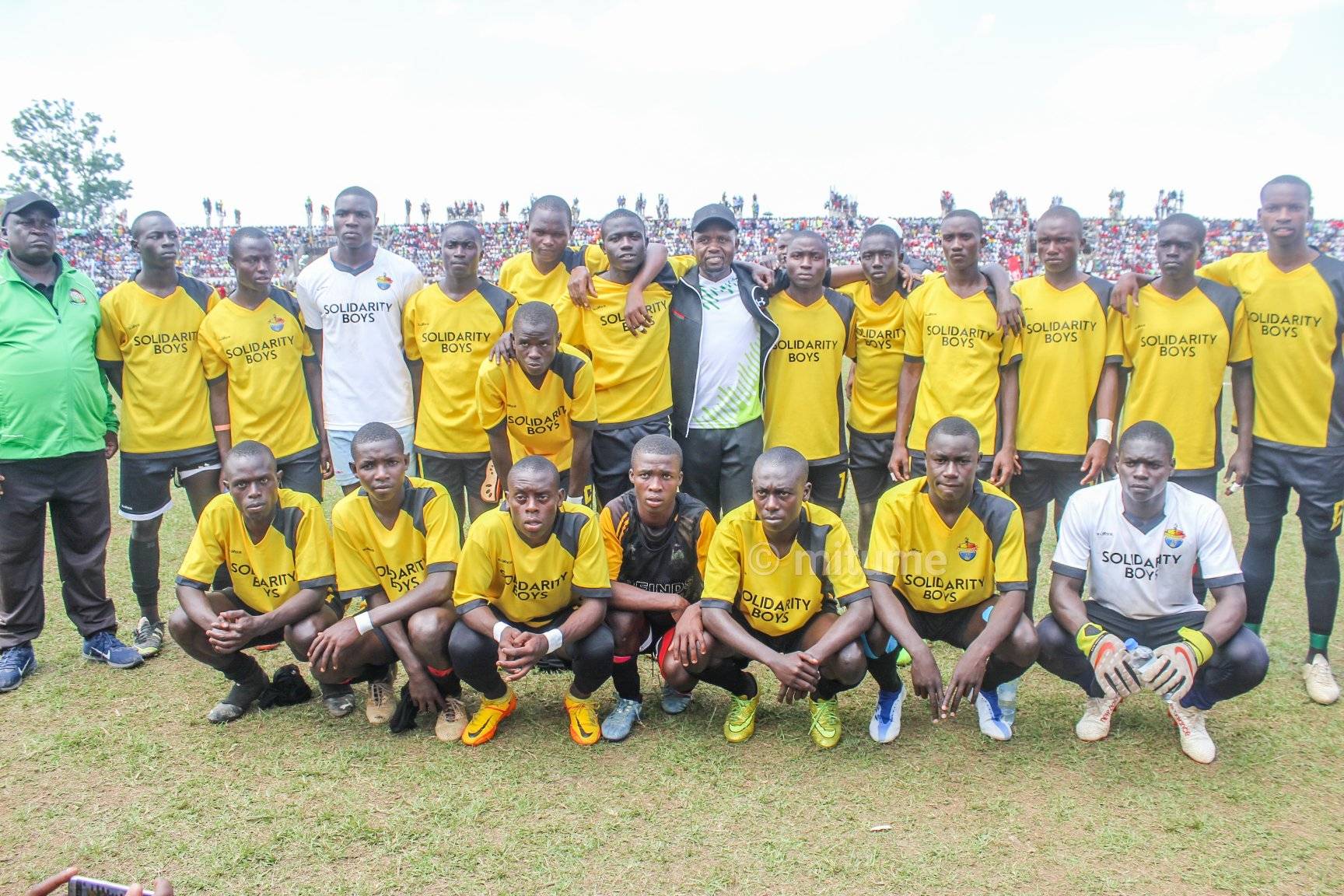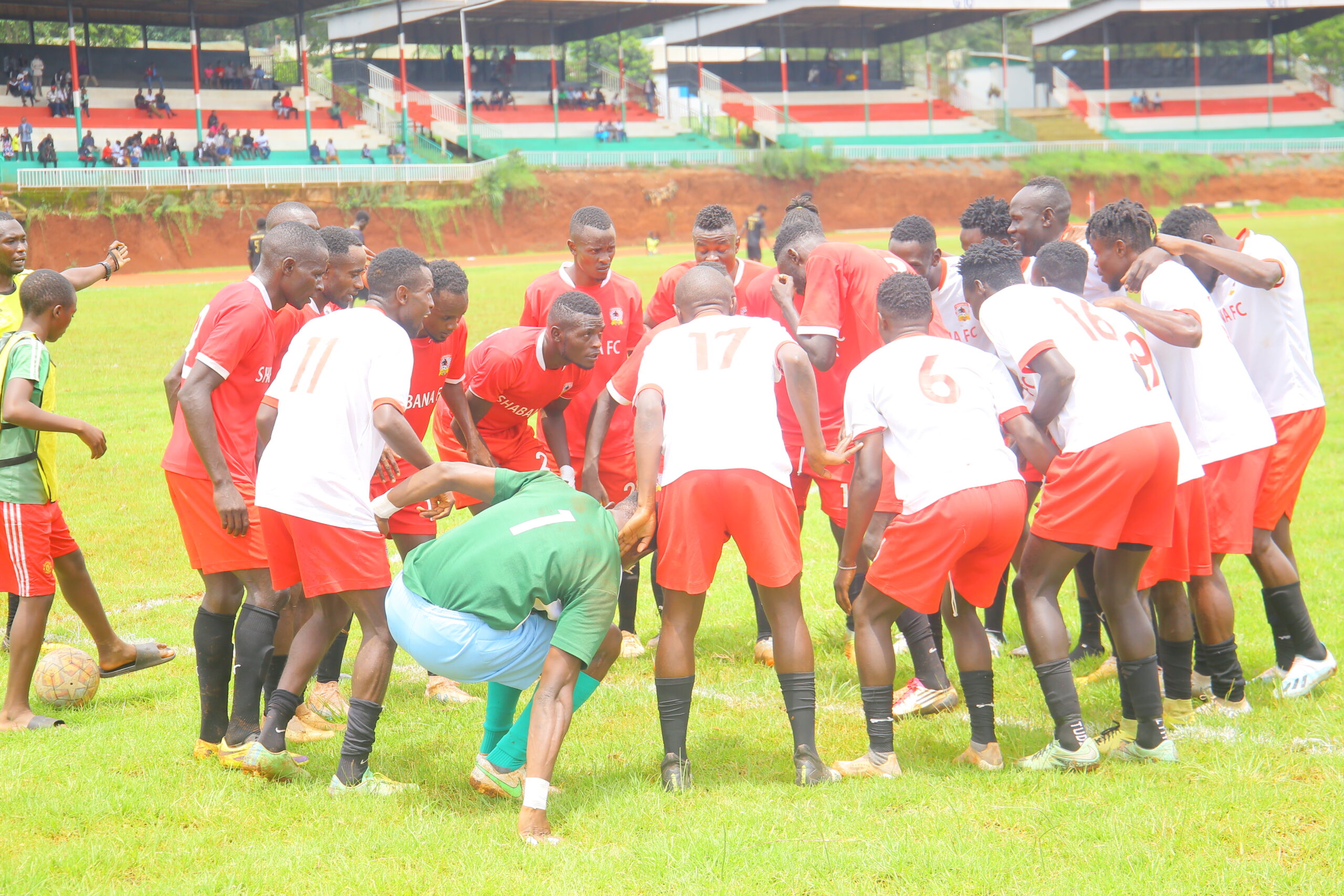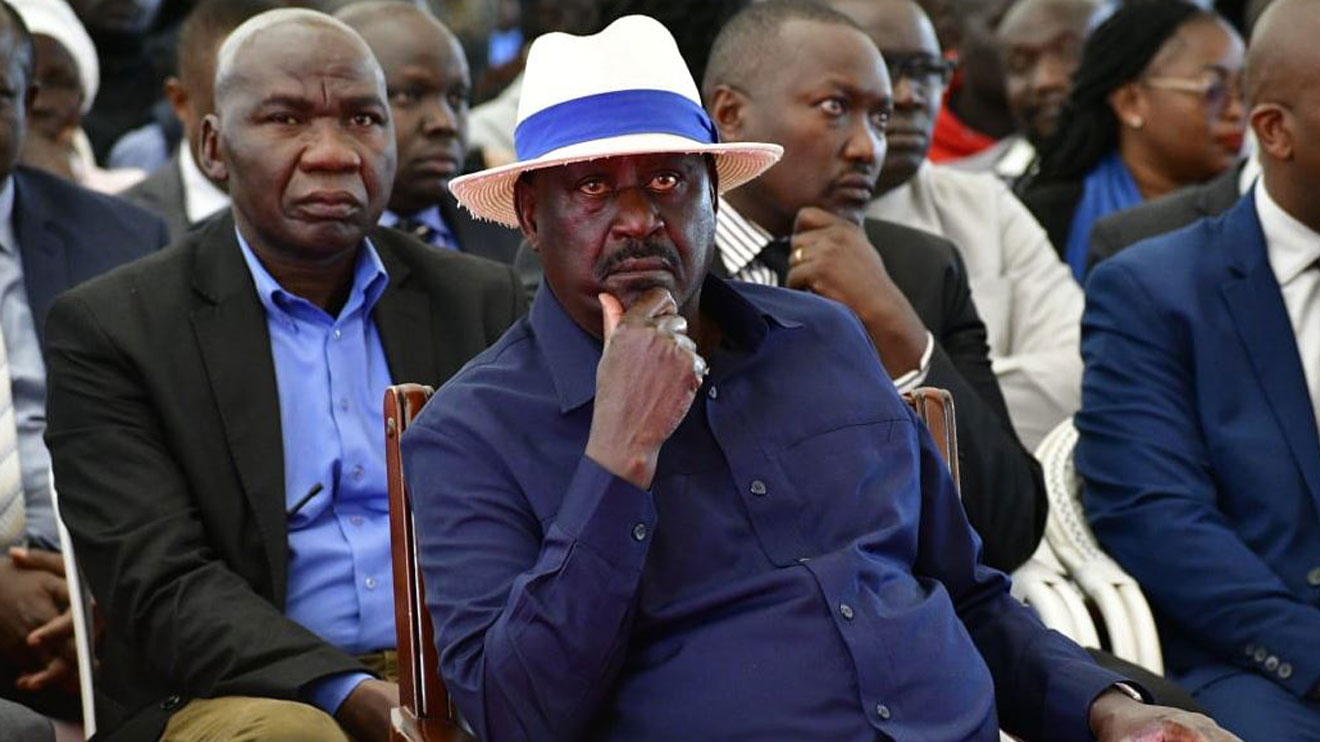The United Nations has confirmed the recovery of 93 bodies from two mass graves in Libya, uncovering a grim reality tied to human trafficking networks operating in the country. The discovery followed recent raids targeting these networks, further highlighting the dangers faced by migrants in Libya


Gruesome Discoveries
One of the mass graves was found on February 7 on a farm in Jakharrah, located in northeastern Libya. The following day, another grave was unearthed in Kufra, in the southeast. UN Under-Secretary-General for African Affairs Rosemary DiCarlo reported the findings during a Security Council meeting but did not specify the number of bodies recovered at each location.
Libyan authorities had earlier announced the discovery of 28 bodies in Kufra. These victims, primarily sub-Saharan migrants, were allegedly detained, tortured, and subjected to inhumane treatment. The raid on this human trafficking site also resulted in the rescue of 76 migrants.
Trafficking Networks Exposed
The Libyan Attorney General’s office described the raid as targeting a gang involved in depriving migrants of their freedom and subjecting them to cruel and degrading treatment. These revelations underscore the harrowing conditions migrants face as they attempt to transit through Libya to reach Europe.
“The alarming and tragic discovery of mass graves following raids on human trafficking sites highlights the severe danger faced by migrants in Libya,” DiCarlo said, drawing attention to the broader crisis.
Libya’s Struggles with Instability
Libya, a key transit point for migrants seeking to cross the Mediterranean, has been mired in chaos since the NATO-backed overthrow of long-term dictator Muammar Gaddafi in 2011. The country remains divided between a UN-recognized government in Tripoli and a rival administration in the east supported by military leader Khalifa Haftar.
This political instability has created a breeding ground for human traffickers and smugglers who exploit vulnerable migrants, often subjecting them to severe abuse and exploitation.
International Concern and Call for Action
The United Nations and international humanitarian organizations have condemned the ongoing human trafficking crisis in Libya, calling for increased efforts to protect migrants and address the root causes of instability in the region.
As Libya grapples with these challenges, the discovery of mass graves serves as a stark reminder of the urgent need for global cooperation to combat human trafficking and uphold human rights.

